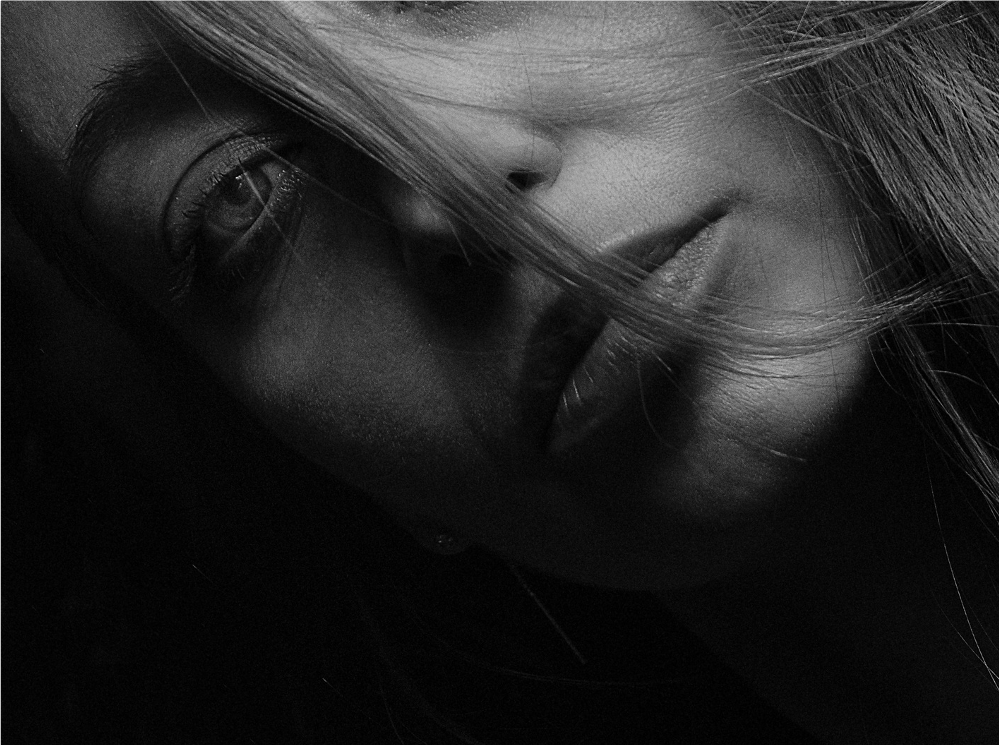What is a Lip Lift?
A Lip Lift is a specialised surgical procedure that reduces the distance between the base of the nose (columella) and the vermillion border (the red line of the upper lip). Over time, this distance can elongate due to natural ageing, making the upper lip appear thinner and less defined. Some individuals may also have a naturally long philtrum, even in their youth. By reducing the height of the philtrum, a Lip Lift can significantly enhance the balance between the upper lip, the base of the nose, and the chin, resulting in a more youthful and harmonious facial appearance.
Mr Orfaniotis is renowned for his expertise in facial and lip surgery, and is one of the leading surgeons internationally specialising in Lip Lift procedures. With a background in reconstructive surgery, he employs bespoke techniques to deliver the best outcomes for his patients.
The Lip Anatomy
A subnasal lip lift focuses on the central portion of the upper lip, specifically the philtrum, which is the vertical section between the nose and the lip. As we age, several changes occur to the lips and surrounding area:
- Loss of volume and soft tissue descent in the upper lip.
- Thinning of the vermillion border, reducing the definition of the cupid’s bow.
- Bony resorption, which diminishes lip prominence.
- Vertical lengthening, causing the upper lip to appear deflated.
- Development of perioral rhytids, also known as “smoker’s lines.”
A Lip Lift can rejuvenate these changes, restoring volume, definition, and a youthful smile.
How is a Lip Lift Performed?
The subnasal lip lift (also known as the “bullhorn” lift) is the most commonly performed technique. Here’s how it works:
- Anaesthesia: The procedure is performed under local anaesthesia, and the area is numbed using fine needles, similar to dental procedures. This ensures minimal discomfort.
- Full thickness skin Excision: A full thickness strip of skin is removed just beneath the base of the nose in a “bullhorn” shape. This shape is chosen for its natural placement at the base of the nose, ensuring a discreet scar. Mr Orfaniotis is an expert in analysing the ideal vector for improvement and meticulously planning the precise placement of scar and amount of tissue excision.
- Deep Plane Technique: Mr Orfaniotis uses the “deep plane” technique, which releases a deeper tissue layer (SMAS) and allows lip eversion and a tension-free closure. This reduces the risk of scar stretching and helps create long-lasting results.
- Anchoring Technique: The tension during closure is alleviated by anchoring the upper lip tissue to the bone and strong ligaments on the nasal base. This not only ensures a stable fixation without tension but also limits the amount of nasal distortion which is a common concern for patients undergoing lip lift surgery.
- Wound Closure: The incision is closed with both deep dissolving sutures and fine non-dissolvable sutures that are removed after 6-7 days.
The procedure typically takes 60 minutes, and patients can return home the same day.
What is a corner lip lift?
What is a corner lip lift?
A corner lip lift is an additional procedure performed alongside lip lift surgery. It is indicated for patients undergoing lip lift surgery with limited exposure of the vermillion border at the corner of the mouth (oral commissure). In these patients, if a corner lift is not performed, tey risk an exaggerated central lip elevation with an unnatural pronounced slope. A corner lip lift involves a direct excision of a small amount of skin excision from the corner of the lip. The scar is placed at the junction of the skin and red lip (vermillion border). This increases the red lip show at the corners and gives the lip a more natural harmonious shape.
Who is a Good Candidate for a Lip Lift?
The subnasal lip lift is ideally suited for individuals who have a long philtrum.
Good candidates include those who:
- Have a naturally long or aged philtrum.
- Have experienced overfilling from fillers with subsequent deflation from dissolving.
- Have facial aging signs like thinning lips, loss of vermillion border definition, and reduced tooth display.
- Desire a permanent solution to enhance lip appearance rather than temporary measures
For patients with facial aging, the Lip Lift can be combined with other rejuvenating procedures like Face & Neck Lift or fat grafting for more comprehensive results.
To confirm who is suitable for lip lift, a thorough assessment is needed. Specifically, an assessment of mouth function, bone structure, oral competence, occlusion, and dentition. With Mr Orfaniotis’ background in head and neck reconstructive surgery he is well equipped to decipher who would benefit from lip lift surgery and who would not.
Lip Lift Procedure Facts.
Anaesthesia
Local anaesthetic is standard. Sedation or general anaesthesia can be requested
Length of Stay
Day case
Surgery Duration
Approximately 60 minutes.
Aftercare
We offer a comprehensive recovery support package with a dedicated nurse who will meet you on the day of surgery and perform all wound checks. You shall be provided with their contact details for dedicated support during your recovery.
Post-Op Appointments to plan for.
- 7 days: Suture removal.
- 6 weeks: Outpatient appointment with Mr Orfaniotis.
Recovery After a Lip Lift
- Swelling: The first few days may involve moderate swelling. Pain is usually managed with regular painkillers. For some patients, especially those with more complex cases, this swelling and pain can be more significant, and recovery can be prolonged to a couple of weeks before resuming normal activities.
- Ice Packs: Apply ice packs (or frozen pea bags) for the first 3 days to help with swelling. Elevate your head with pillows when sleeping.
- Diet: A soft diet is recommended for the first few days.
- Mouth movements: It is advised to minimise excessive mouth movements for 1 week to avoid tension on the scar.
- Aftercare: You will be given an antibiotic ointment to apply to the suture line. After 24 hours, you can start gently washing the area with an antibacterial face wash. A manual toothbrush for the teeth as opposed to an electric toothbrush should be used gently in the first week post-op.
- Scar Care: After suture removal, continue to apply ointment and begin silicone therapy and massage around 2 weeks post-op. Silicone strips or gel help with scar flattening over the following months.
Most swelling should subside within two weeks, and regular activities can usually be resumed after this period.
What are the risks of a lip lift?
While Lip Lift surgery is generally safe, potential risks include:
- Visible Scarring: The most common concern, though the scar is usually well-hidden within natural facial lines.
- Infection or Delayed Healing: As with any surgery, there is a slight risk of infection, but this is minimal with proper aftercare.
- Asymmetry or Over/Under-correction: Mr Orfaniotis takes great care to ensure a natural and symmetrical result.
- Distortion of the Smile or Nostril Widening: Though rare, there is a small risk of permanent nostril widening or smile distortion. However, these can be minimised with expert technique.
Patients with a history of poor scarring (such as hypertrophic or keloid scarring) are not suitable candidates for the procedure.
Scar Quality and Healing
The incision is made in the natural contours of the skin, at the columella, nostrils, and extending slightly to the alar base creases. Mr Orfaniotis uses meticulous technique to ensure that the scar remains discreet and fades naturally over time.
- Initial Healing: The scar will appear red and slightly lumpy initially, but it will soften and fade within the next 12 months.
- Camouflage: After the initial healing period, makeup can be applied to cover the scar, making it even less noticeable.
- Laser Therapy: Some patients would benefit on additional laser resurfacing of the scar from 6 weeks. This will be determined after in-person post-op consultation with Mr Orfaniotis.
Conclusion
A Lip Lift is a refined surgical procedure designed to enhance the shape and definition of the upper lip, creating a more youthful and balanced appearance. If you are considering a lip lift, Mr Georgios Orfaniotis offers personalised consultations to help you achieve natural, elegant results using advanced techniques and meticulous precision.
Contact us today to schedule your consultation and explore the possibilities of achieving beautifully balanced, harmonious lips.
Pricing: The cost of a lip lift starts from £6,000. For more detailed pricing and a full breakdown of services, click here to view our price list.
Read more on lip lift procedure facts below.
A subnasal lip lift focuses on the central portion of the upper lip, specifically the philtrum, which is the vertical section between the nose and the lip. As we age, several changes occur to the lips and surrounding area:
- Loss of volume and soft tissue descent in the upper lip.
- Thinning of the vermillion border, reducing the definition of the cupid’s bow.
- Bony resorption, which diminishes lip prominence.
- Vertical lengthening, causing the upper lip to appear deflated.
- Development of perioral rhytids, also known as “smoker’s lines.”
A Lip Lift can rejuvenate these changes, restoring volume, definition, and a youthful smile.
The subnasal lip lift (also known as the “bullhorn” lift) is the most commonly performed technique. Here’s how it works:
- Anaesthesia: The procedure is performed under local anaesthesia, and the area is numbed using fine needles, similar to dental procedures. This ensures minimal discomfort.
- Full thickness skin Excision: A full thickness strip of skin is removed just beneath the base of the nose in a “bullhorn” shape. This shape is chosen for its natural placement at the base of the nose, ensuring a discreet scar. Mr Orfaniotis is an expert in analysing the ideal vector for improvement and meticulously planning the precise placement of scar and amount of tissue excision.
- Deep Plane Technique: Mr Orfaniotis uses the “deep plane” technique, which releases a deeper tissue layer (SMAS) and allows lip eversion and a tension-free closure. This reduces the risk of scar stretching and helps create long-lasting results.
- Anchoring Technique: The tension during closure is alleviated by anchoring the upper lip tissue to the bone and strong ligaments on the nasal base. This not only ensures a stable fixation without tension but also limits the amount of nasal distortion which is a common concern for patients undergoing lip lift surgery.
- Wound Closure: The incision is closed with both deep dissolving sutures and fine non-dissolvable sutures that are removed after 6-7 days.
The procedure typically takes 60 minutes, and patients can return home the same day.
- A corner lip lift is an additional procedure performed alongside lip lift surgery. It is indicated for patients undergoing lip lift surgery with limited exposure of the vermillion border at the corner of the mouth (oral commissure). In these patients, if a corner lift is not performed, tey risk an exaggerated central lip elevation with an unnatural pronounced slope. A corner lip lift involves a direct excision of a small amount of skin excision from the corner of the lip. The scar is placed at the junction of the skin and red lip (vermillion border). This increases the red lip show at the corners and gives the lip a more natural harmonious shape.


The subnasal lip lift is ideally suited for individuals who have a long philtrum.
Good candidates include those who:
- Have a naturally long or aged philtrum.
- Have experienced overfilling from fillers with subsequent deflation from dissolving.
- Have facial aging signs like thinning lips, loss of vermillion border definition, and reduced tooth display.
- Desire a permanent solution to enhance lip appearance rather than temporary measures
For patients with facial aging, the Lip Lift can be combined with other rejuvenating procedures like Face & Neck Lift or fat grafting for more comprehensive results.
To confirm who is suitable for lip lift, a thorough assessment is needed. Specifically, an assessment of mouth function, bone structure, oral competence, occlusion, and dentition. With Mr Orfaniotis’ background in head and neck reconstructive surgery he is well equipped to decipher who would benefit from lip lift surgery and who would not.
Lip Lift Procedure Facts.
Anaesthesia
Local anaesthetic is standard. Sedation or general anaesthesia can be requestedLength of Stay
Day caseSurgery Duration
Approximately 60 minutes.Aftercare
We offer a comprehensive recovery support package with a dedicated nurse who will meet you on the day of surgery and perform all wound checks. You shall be provided with their contact details for dedicated support during your recovery.
Post-Op Appointments to plan for.
- 7 days: Suture removal.
- 6 weeks: Outpatient appointment with Mr Orfaniotis.
- Swelling: The first few days may involve moderate swelling. Pain is usually managed with regular painkillers. For some patients, especially those with more complex cases, this swelling and pain can be more significant, and recovery can be prolonged to a couple of weeks before resuming normal activities.
- Ice Packs: Apply ice packs (or frozen pea bags) for the first 3 days to help with swelling. Elevate your head with pillows when sleeping.
- Diet: A soft diet is recommended for the first few days.
- Mouth movements: It is advised to minimise excessive mouth movements for 1 week to avoid tension on the scar.
- Aftercare: You will be given an antibiotic ointment to apply to the suture line. After 24 hours, you can start gently washing the area with an antibacterial face wash. A manual toothbrush for the teeth as opposed to an electric toothbrush should be used gently in the first week post-op.
- Scar Care: After suture removal, continue to apply ointment and begin silicone therapy and massage around 2 weeks post-op. Silicone strips or gel help with scar flattening over the following months.
Most swelling should subside within two weeks, and regular activities can usually be resumed after this period.
While Lip Lift surgery is generally safe, potential risks include:
- Visible Scarring: The most common concern, though the scar is usually well-hidden within natural facial lines.
- Infection or Delayed Healing: As with any surgery, there is a slight risk of infection, but this is minimal with proper aftercare.
- Asymmetry or Over/Under-correction: Mr Orfaniotis takes great care to ensure a natural and symmetrical result.
- Distortion of the Smile or Nostril Widening: Though rare, there is a small risk of permanent nostril widening or smile distortion. However, these can be minimised with expert technique.
Patients with a history of poor scarring (such as hypertrophic or keloid scarring) are not suitable candidates for the procedure.
The incision is made in the natural contours of the skin, at the columella, nostrils, and extending slightly to the alar base creases. Mr Orfaniotis uses meticulous technique to ensure that the scar remains discreet and fades naturally over time.
- Initial Healing: The scar will appear red and slightly lumpy initially, but it will soften and fade within the next 12 months.
- Camouflage: After the initial healing period, makeup can be applied to cover the scar, making it even less noticeable.
- Laser Therapy: Some patients would benefit on additional laser resurfacing of the scar from 6 weeks. This will be determined after in-person post-op consultation with Mr Orfaniotis.
Conclusion
A Lip Lift is a refined surgical procedure designed to enhance the shape and definition of the upper lip, creating a more youthful and balanced appearance. If you are considering a lip lift, Mr Georgios Orfaniotis offers personalised consultations to help you achieve natural, elegant results using advanced techniques and meticulous precision.
Contact us today to schedule your consultation and explore the possibilities of achieving beautifully balanced, harmonious lips.
Pricing: The cost of a lip lift starts from £6,000. For more detailed pricing and a full breakdown of services, click here to view our price list.
Read more on lip lift procedure facts below.








